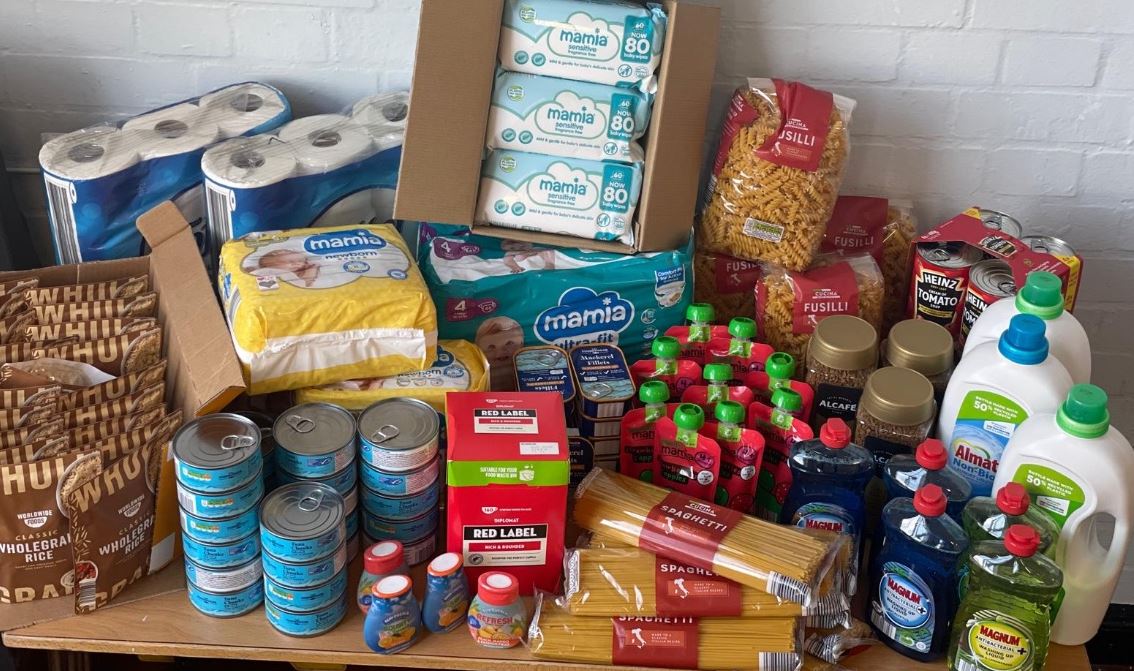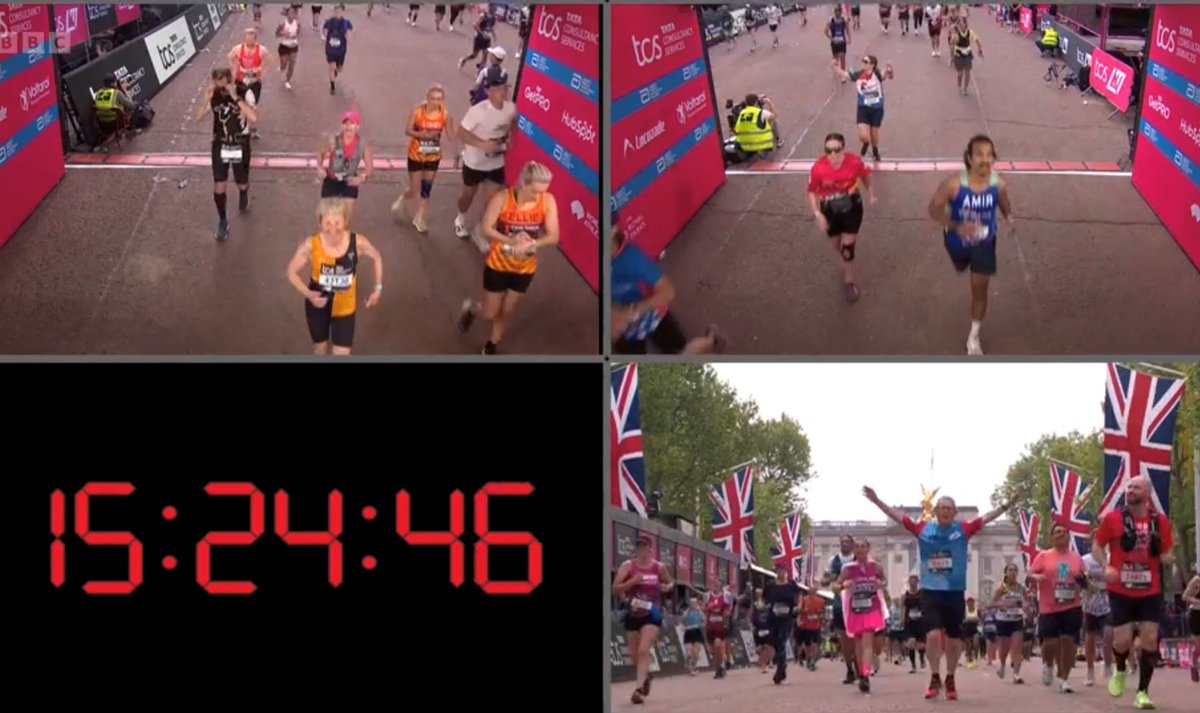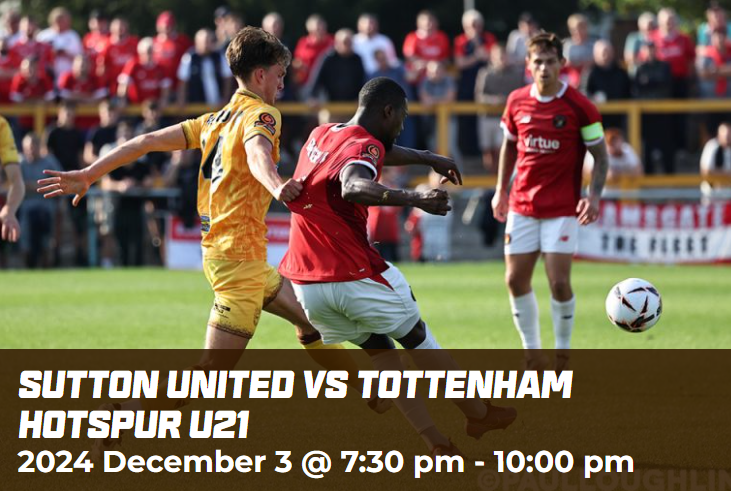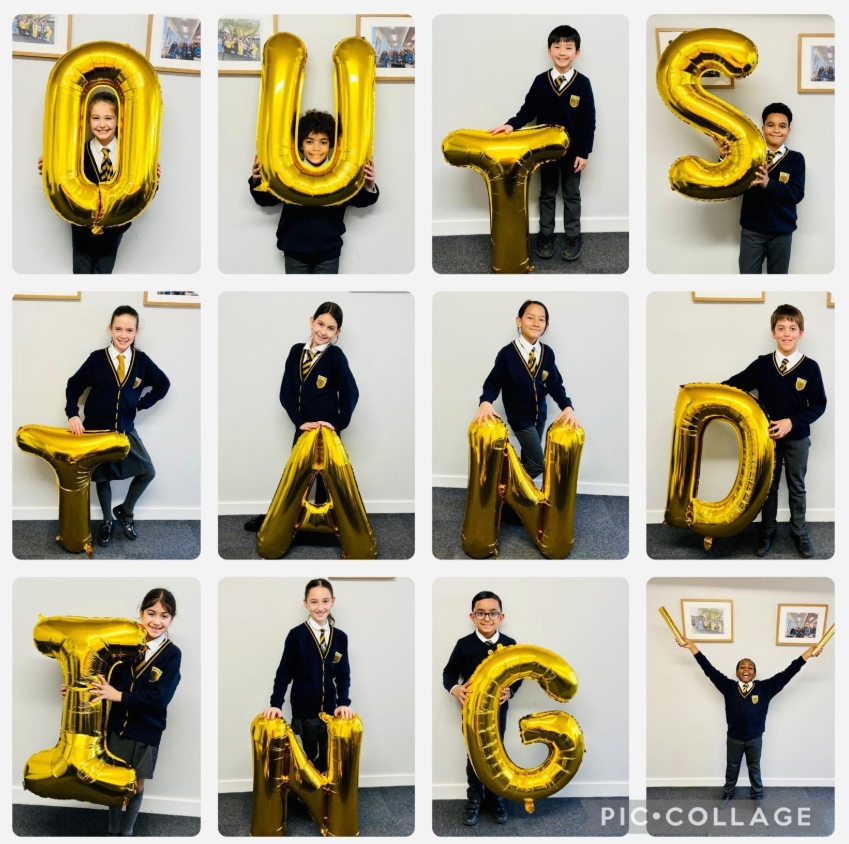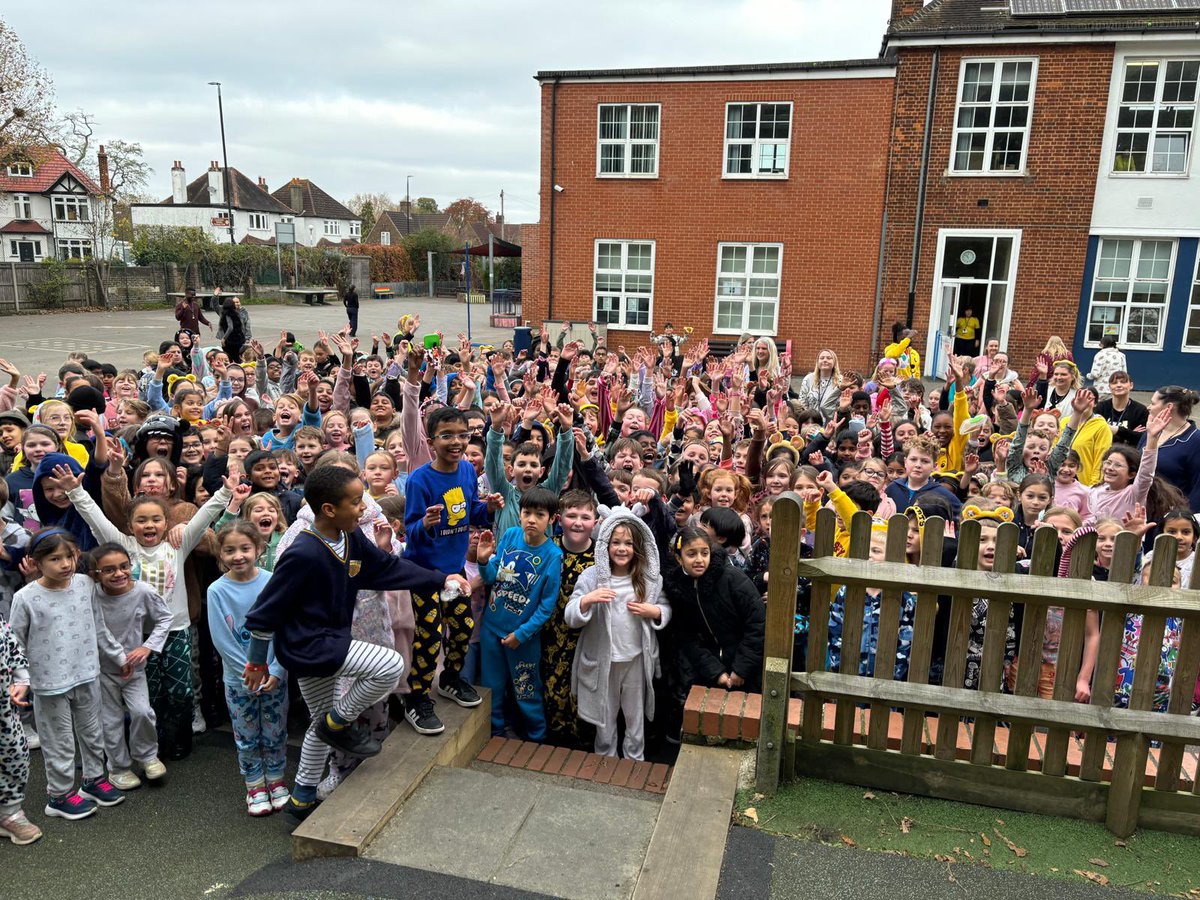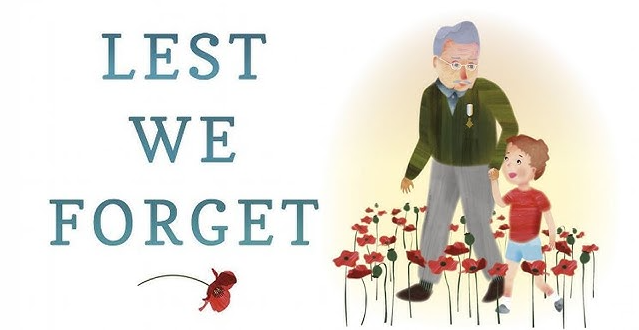Music
Music is an art form that expresses ideas and emotions through sound, rhythm, melody or harmony. Music is a form of language which evokes movement and emotion. Music engages the brain while stimulating neural pathways associated with higher forms of intelligence, memory and an improved mental health.
In our teaching of music we will cover:
-
Pitch, Duration, Dynamics, Tempo, Timbre, Texture and Structure, Composition, Performance
-
A range of styles of music
-
History of music
A musician needs the following skills, which will be embedded within our curriculum

Intent: introduction, vision and philosophy
The purpose of this document is to clarify the how, why and what of music teaching at our Academy. This is to be used by staff to clarify expectations, highlight the resources that we have access to, and to ensure that a high-quality music curriculum is being taught to all pupils in our academy.
We ensure that our music teaching engages and inspires pupils to develop a love of music and their talent as musicians, and so increase their self-confidence, creativity and sense of achievement. As pupils progress, we see them develop a critical engagement with music, allowing them to compose, and to listen with discrimination to the best in the musical canon.
As part of our teaching, we strive to provide children with the skills needed to be a musician, which include: being analytical, being able to persevere, listening, communicate effectively with others and to have a sense of rhythm. We encourage children to participate in a variety of musical experiences through which we aim to build up the confidence of all children. Our teaching focuses on developing the children’s ability to sing in tune both on their own and as part of a group. We teach them to listen and appreciate different forms of music and provide them with the vocabulary to effectively participate in discussion based on their own opinion of different pieces of music. We encourage children to use their analytical skills in music lessons when learning about how music can represent feelings and emotions, critically engaging both in the work of composers, their own and their peers work.
Implementation: what does Music teaching look like?
Music in Key Stage 2
Throughout key stage 2, we use a progression grid which outlines the minimum expectation of what should be taught in each year group including relevant vocabulary. By following this progression, we ensure that knowledge is building upon what the children have remembered from what they have previously been taught.
We recognise that the national curriculum is a minimum expectation of what should be taught to our children therefore we strive to deepen our students’ understanding. To ensure that this is part of our teaching we have outlined examples of how students would show a deeper understanding of music:
In KS2:

Each half term a new unit is taught which covers the National Curriculum objectives and allows the children to make meaningful connections. To support our teaching of music, we use Charanga; providing teachers with a framework to build units of work and lessons and resources to be adapted for the needs of each class.
Across key stage 1 and 2, music is taught for one hour a week, broken into 2 30 minute lessons. One focuses on music and the other on singing.
Impact
Pupils have the opportunity to record their music learning in a variety of ways, which is then recorded in a class book. Evidence of learning is dependent on the lesson outcome, year group and the knowledge and skills being developed. It could be in the form of: a performance, discussion, photographs, practising, pupil voice or teacher voice.
Subject leaders conduct learning walks and pupil interviews to measure the impact of our teaching, based on how much children can remember and how they can articulate what they have learnt.
Subject leaders will meet with their counterparts from other cluster schools half-termly and will moderate the planning, work and monitoring outcomes from their setting to ensure that standards are exceeding the expectations of the National Curriculum.
